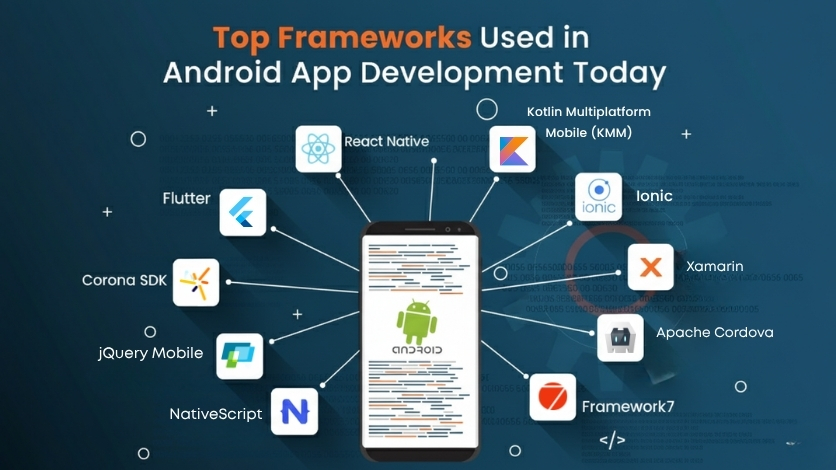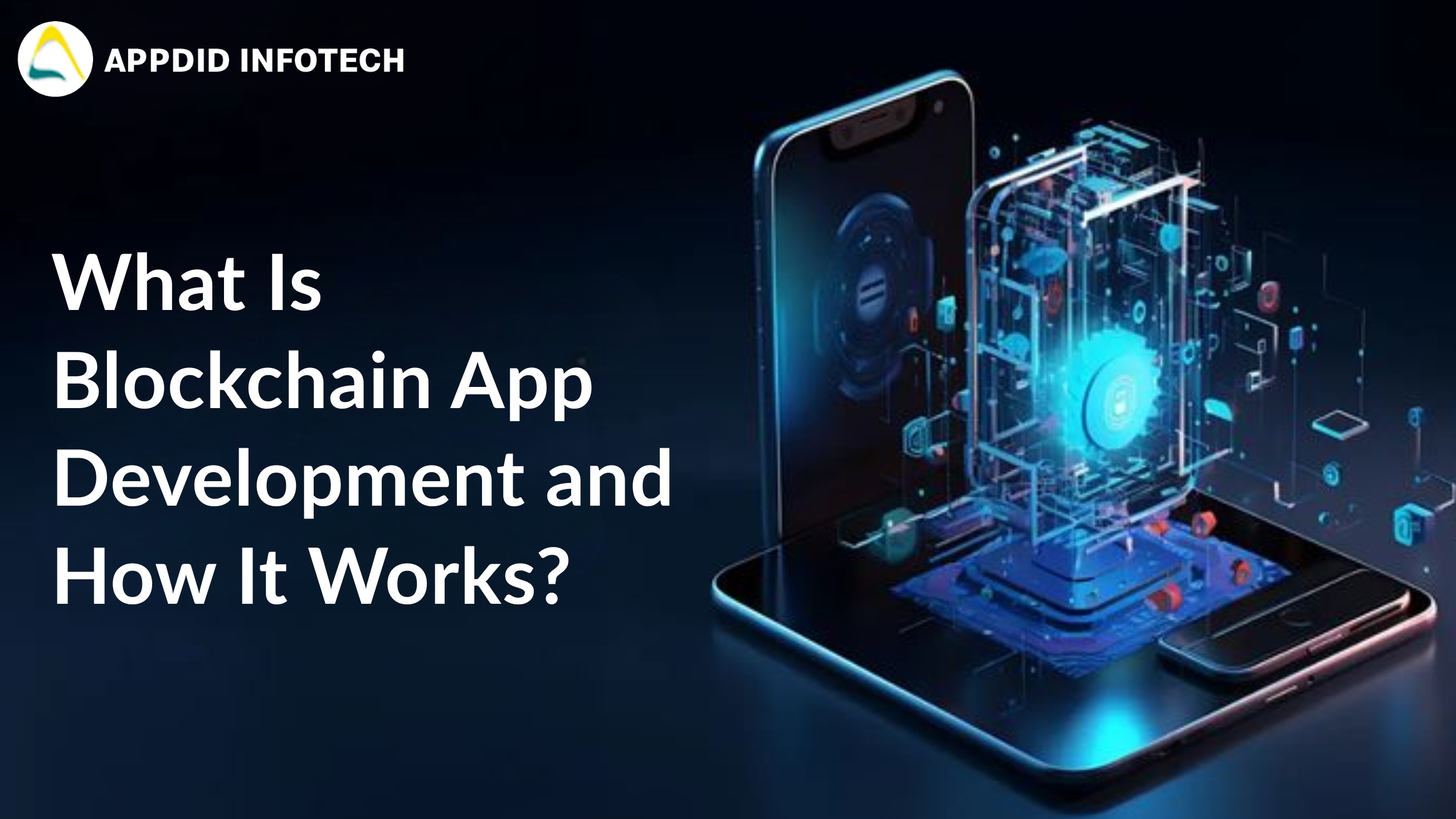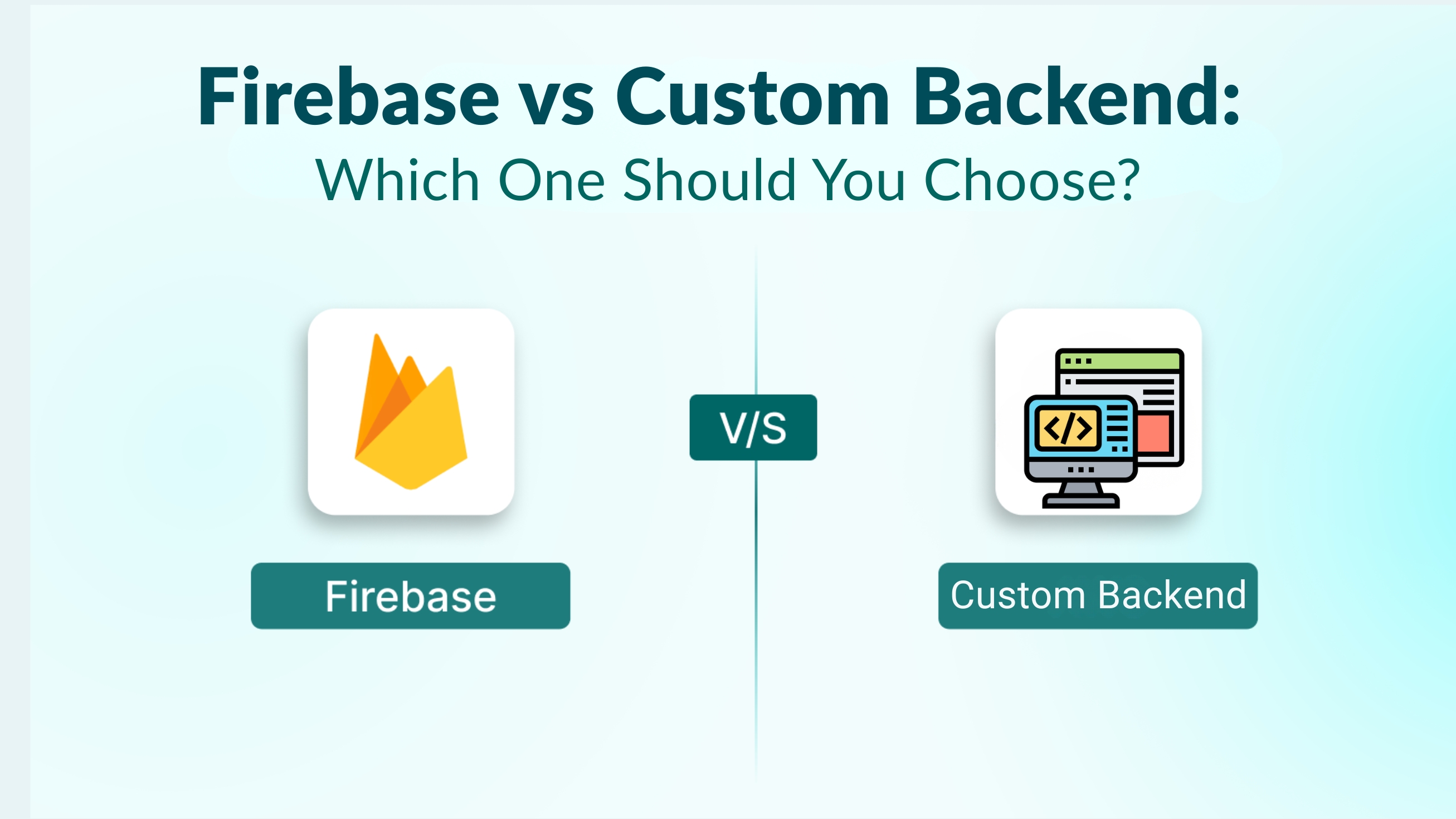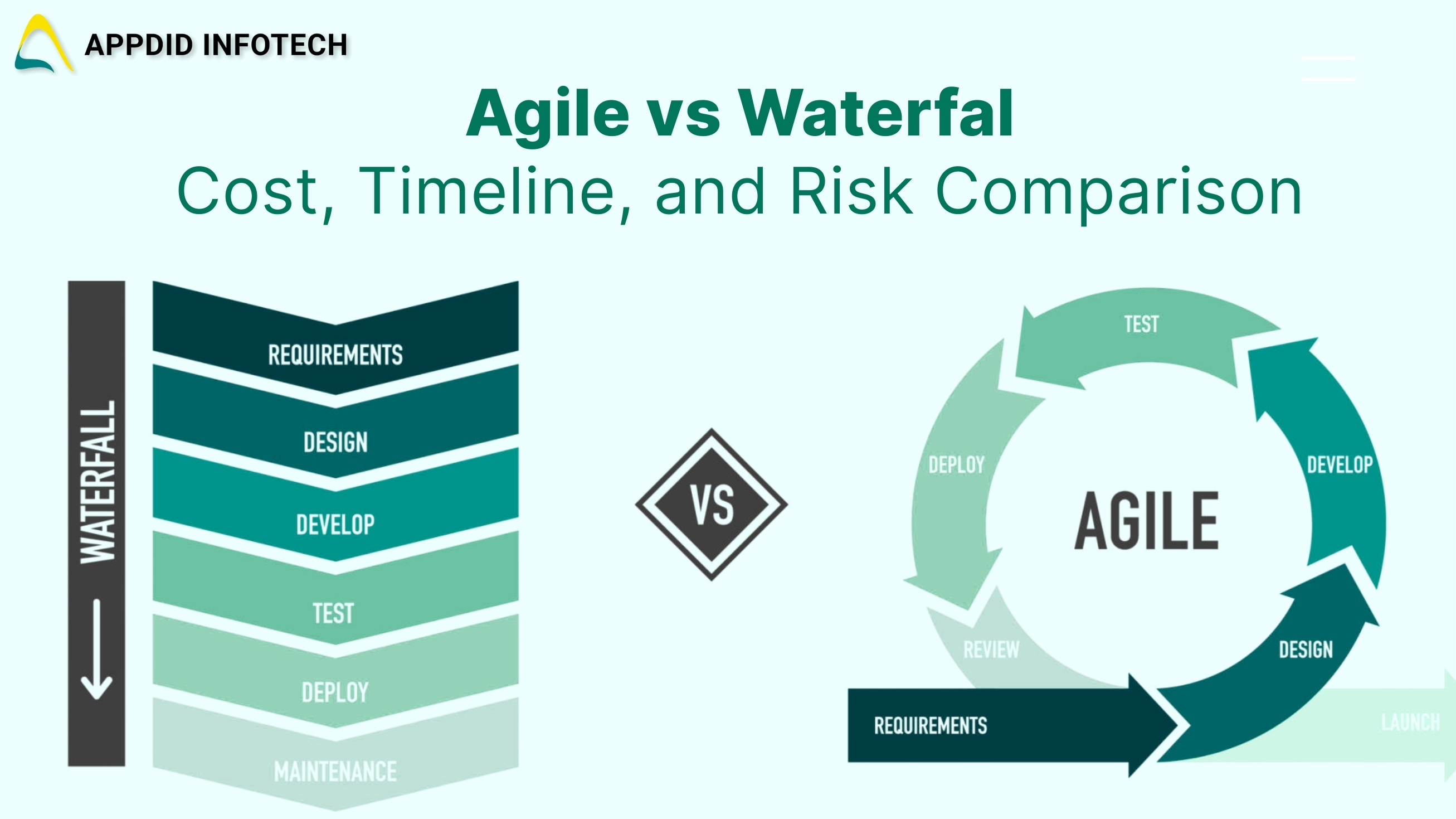Top Frameworks Used in Android App Development Today
The Android ecosystem has evolved rapidly, and so has the way apps are built. In today’s fast-paced digital landscape, frameworks play a vital role in simplifying app development, enhancing performance, and speeding up deployment. Whether you're building a simple utility app or a complex enterprise solution, choosing the right framework can make or break your app’s success.
This blog explores the top Android app development frameworks dominating the industry today, what makes them unique, their pros and cons, and how companies like Appdid Infotech in Thane and Mumbai use them to craft high-quality, scalable Android apps that perform flawlessly.
Why Frameworks Matter in Android App Development
Frameworks provide the essential structure for developers to build and deploy apps efficiently. Instead of writing every piece of code from scratch, frameworks offer pre-built modules, UI components, and libraries that make development faster and more reliable.
Here’s why developers prefer using frameworks:
-
Faster time to market
-
Reduced development cost
-
Consistent coding practices
-
Easier debugging and maintenance
-
Enhanced performance and scalability
Planning your next Android app? Choose Appdid Infotech — experts in high-performance Android frameworks!
1. Flutter
Overview:
Developed by Google, Flutter has taken the mobile development world by storm. It allows developers to build cross-platform apps using a single codebase, making it ideal for both Android and iOS.
Key Features:
-
Uses Dart programming language
-
Offers hot reload for instant UI updates
-
Delivers native-like performance
-
Rich set of customizable widgets
-
Ideal for building beautiful, fast, and stable apps
Why It’s Popular:
Flutter’s rendering engine provides smooth animations and stunning designs without relying heavily on OEM widgets. Startups and large enterprises use Flutter to reduce time and cost without sacrificing quality.
2. React Native
Overview:
Created by Meta (Facebook), React Native remains one of the most widely used frameworks for building Android and iOS apps. Its JavaScript foundation and component-based architecture make it developer-friendly and flexible.
Key Features:
-
Written in JavaScript and JSX
-
Provides native components for better performance
-
Large open-source community and support
-
Easy integration with third-party plugins
-
Code reuse across Android, iOS, and web
Best For:
Businesses aiming to quickly launch multi-platform apps with minimal investment while maintaining near-native performance.
3. Kotlin Multiplatform Mobile (KMM)
Overview:
Kotlin Multiplatform Mobile (KMM) by JetBrains allows developers to share code across Android and iOS while keeping native flexibility. It’s ideal for apps that need platform-specific optimizations with shared business logic.
Key Features:
-
Shared codebase for Android and iOS logic
-
Native UI for both platforms
-
Full interoperability with existing Android projects
-
Strong performance and security
Why Developers Love It:
KMM helps teams build faster without losing native performance, making it a great option for long-term app scalability.
4. Ionic
Overview:
Ionic is an open-source SDK that enables developers to build hybrid apps using HTML, CSS, and JavaScript. It’s known for its simplicity, flexibility, and ability to create apps that run smoothly on multiple platforms.
Key Features:
-
Uses Angular or React for app development
-
Pre-designed UI components for mobile
-
Strong community support
-
Integrates with Cordova or Capacitor for native features
When to Use:
Perfect for MVPs, progressive web apps (PWAs), and apps that prioritize design and quick delivery.
5. Xamarin
Overview:
Owned by Microsoft, Xamarin enables developers to create native Android and iOS apps using C# and .NET. It’s a strong choice for enterprise-level applications requiring robustness and cross-platform functionality.
Key Features:
-
Code sharing up to 90% between platforms
-
Access to native APIs and controls
-
Powered by the .NET ecosystem
-
High security and performance
Best For:
Enterprises are already using Microsoft technologies and tools in their software infrastructure.
6. NativeScript
Overview:
NativeScript allows developers to build truly native apps for Android and iOS using JavaScript, TypeScript, or Angular. It offers full access to native APIs without requiring any wrapper.
Key Features:
-
Direct access to device APIs
-
Excellent performance
-
Seamless integration with Angular and Vue.js
-
Open-source and community-driven
Why It Stands Out:
NativeScript apps feel and perform like native ones, making it a perfect balance between performance and flexibility.
7. Corona SDK (Solar2D)
Overview:
Now known as Solar2D, Corona SDK is a lightweight and fast framework used mainly for gaming apps. It focuses on speed, simplicity, and cross-platform capabilities.
Key Features:
-
Lua-based scripting
-
Real-time testing
-
Strong performance for 2D games
-
Free and open-source
Best For:
Developers building 2D games, education apps, or lightweight utilities.
8. jQuery Mobile
Overview:
jQuery Mobile is an older yet still relevant framework for developing mobile web apps. It’s based on HTML5 and helps create touch-optimized interfaces that work seamlessly on all devices.
Key Features:
-
Simple and lightweight
-
Responsive UI design
-
Compatible with major mobile browsers
-
Minimal coding for faster deployment
Best For:
Web-based apps or businesses wanting a quick, responsive mobile interface without full native development.
9. Apache Cordova
Overview:
Previously known as PhoneGap, Apache Cordova allows developers to create hybrid apps using web technologies while wrapping them into native shells.
Key Features:
-
HTML5, CSS, and JavaScript-based
-
Access to native device features
-
Works across multiple platforms
-
Large plugin library
Best For:
Simple apps that don’t need complex animations or hardware-intensive functions.
10. Framework7
Overview:
Framework7 is a powerful open-source framework that lets you build Android and iOS apps using HTML, CSS, and JavaScript with a native feel.
Key Features:
-
Minimal setup, fast performance
-
Built-in animations and transitions
-
Supports Vue.js, React, and Svelte
-
Suitable for hybrid and web-based mobile apps
Best For:
Developers seeking a clean UI experience without deep native coding.
Choosing the Right Framework: How Appdid Infotech Helps
At Appdid Infotech, we understand that every business has different app goals, budgets, and target audiences. That’s why our developers carefully select the framework based on:
-
App complexity and scalability
-
Performance requirements
-
UI/UX expectations
-
Platform compatibility
-
Development timeline and cost
We work with leading frameworks like Flutter, React Native, and Kotlin, ensuring that our apps deliver top-tier performance, modern design, and long-term maintainability.
Appdid Infotech – Connect with Us
-
Appdid Infotech Pvt. Ltd.
Location: Thane, Mumbai, Maharashtra
Contact:+91 99678 56357 | +91 7066600093
Email: info@appdid.com
Website: www.appdid.com
GMB: Appdid Infotech – Mobile App Development Company in Thane -
Social Media Profiles
🔹 Facebook
🔹 YouTube
Final Words
Choosing the best Android app development framework depends on your project’s size, complexity, and business goals. From Flutter’s cross-platform magic to Kotlin’s native strength, each framework brings unique benefits. Partnering with the right development company ensures these frameworks are utilized effectively to deliver apps that are fast, scalable, and user-friendly.
Contact Appdid Infotech today to discover how our expert Android developers can build your next high-performance app using the most powerful frameworks of today.
FAQs
Q1. Which Android framework is best for startups?
Flutter and React Native are ideal for startups as they allow faster development and cross-platform deployment at affordable costs.
Q2. Are hybrid apps slower than native apps?
Not necessarily. With frameworks like Flutter and Kotlin, hybrid apps can perform almost as well as native ones if optimized properly.
Q3. Can I switch frameworks during app development?
Technically yes, but it can be costly and time-consuming. It’s best to decide on the framework during the initial planning phase with your development team.










